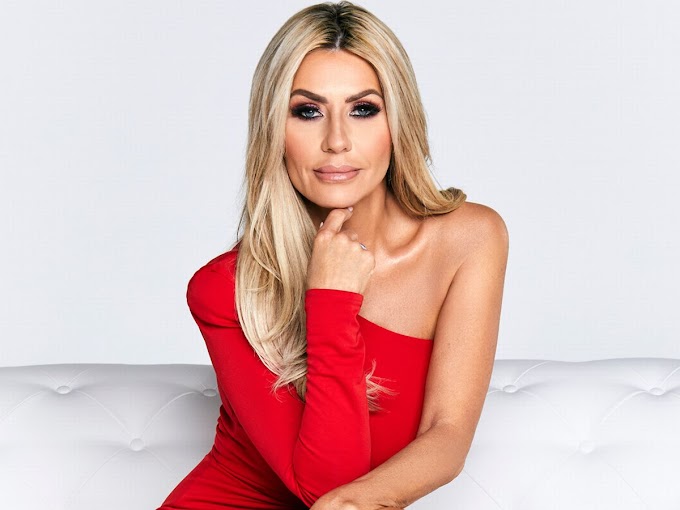In the documents obtained by Radar Online, Neurobrands LLC (designed by Diana) agreed to shell out $500,000 in penalties and restitution after an investigation found "the Neuro drinks in question lacked the necessary scientific evidence to back up many of the health-related claims advertised."
The settlement went down in 2016, three years after Diana's brand made it into Target stores nationwide. At the time, the Real Housewives of Beverly Hills star had four varieties of drinks, including Neuro Sonic, Neuro Daily, Neuro Bliss, and Neuro Sleep.
According to the brand, the drinks helped support memory, promoted healthy aging, provided mental energy, strengthened focus and creativity, enhanced mood, normalized sleeping patterns, and helped relieve muscle cramps.
However, the Santa Monica City Attorney and Los Angeles County District Attorney's Offices claimed that wasn't true.
“Words matter,” Adam Radinsky, Santa Monica’s Chief Deputy City Attorney for Consumer Protection, said at the time. “Especially as more and more people become concerned about what they eat and drink, a product’s health claims need to be fair and accurate.
“If something is claimed to have health benefits, the manufacturer needs to back that up with reliable scientific evidence.”
Diana's energy drink company did not admit to any liability. While Neurobrands agreed to shell out $500,000, the outlet claims that the brand was also bound to a permanent court injunction with a long list of requirements.
The entrepreneur-turned-reality star's energy drink company was told to "stop using the ad claims listed above, unless supported by new scientific evidence."
Neuobrands was also told it must "maintain competent and reliable scientific evidence to support all future health-related claims" and "conduct additional scientific studies of its drinks to support future claims."
Due to this, the brand was forced to change its marketing and branding.
"Clarify that they are conventional beverages, not 'dietary supplements,'" the documents read via Radar Online. "Change the marketing and branding of Neuro Sleep to treat it as a true dietary supplement, not a beverage," the court instructed, as well as "assure that the caffeine level in Neuro Sonic conforms with FDA food safety requirements."
Photo Credit: Bravo Media/NBCUniversal
















